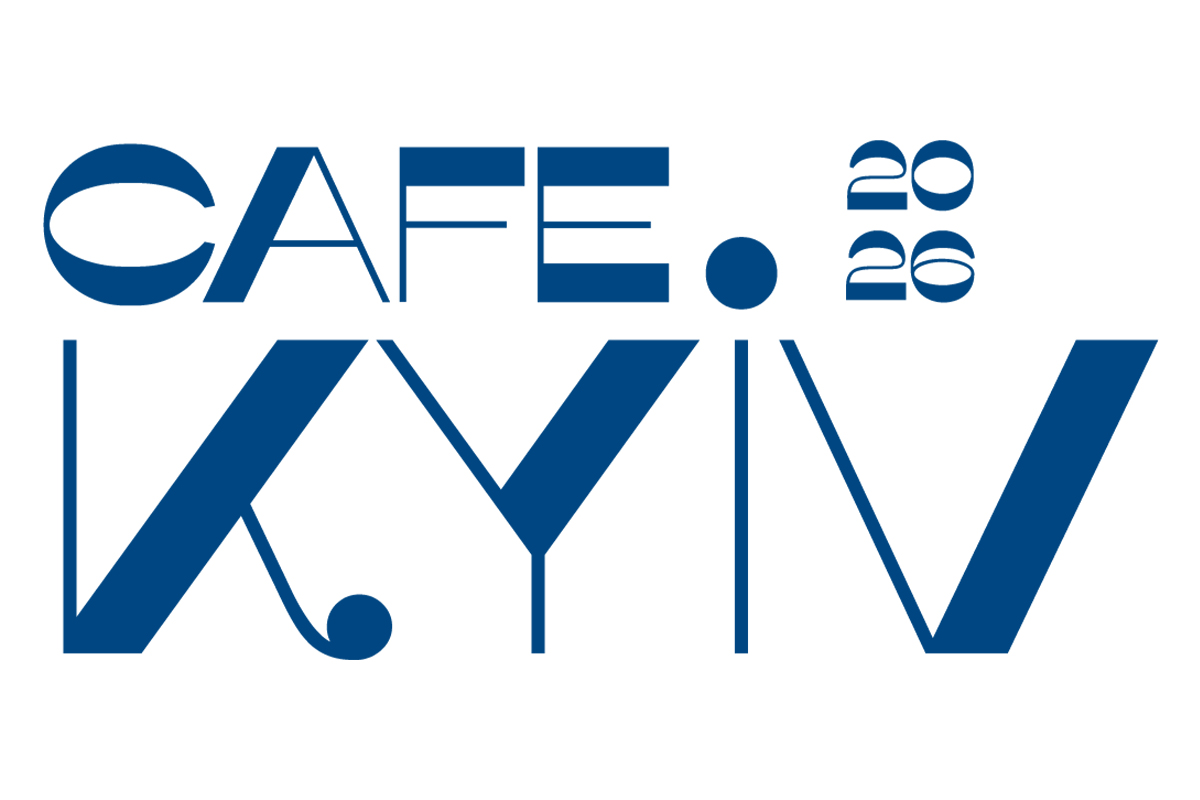The regime strives for a Pax Sinica, a world-order according to Chinese rule

Hongkong-born political scientist and historian Steve Tsang is director of the SOAS China Institute at London University. His expertise includes governance and security policies in China, Taiwan and Hongkong. In his latest book, he examines the Xi Jinping system. Interview: Till Schmidt.
In Germany and across Europe and the West, Xi Jinping is seen as a powerful and ambitious yet somewhat mysterious leader. Steve Tsang, in your new book, entitled “The Political Thought of Xi Jinping”, you and your co-author Olivia Cheung explore what China’s leader wants, how he thinks, and what he envisions for China’s future. Is that something to be found in a canon of texts or even in a single canonical book, like the infamous “Mao Bible,” compiling quotations from the Great Chairman?
The political thought of Xi Jinping is not produced in one single volume. It is a collection of speeches, writings, and, in some case, instructions that Xi Jinping had issued after he became leader of China in 2012. There is a team of people led by Politburo Standing Committee member Wang Huning that supports Xi Jinping in drafting many of these documents, perhaps most of them. Our book basically gathers all texts that are publicly available and reconstructs “Xi’s Thought” along the following question: What are the key ideas that Xi Jinping advocates in terms of governance, in terms of management and in terms of foreign and security policies?
By what means and channels of communication are the state authorities trying to plant Xi’s thought into the hearts and minds of the Chinese?
Xi’s political thought has been integrated into everything: In the education curriculum from kindergarden to graduate school, from the production of films and media or social media outputs to practically every kind of instrument for propaganda under the remit of the all-powerful propaganda department of the Communist Party. It has become a requirement for all Chinese to learn Xi’s thought, with Chinese overseas being encouraged to do so.
Shortly after the 19th Party Congress in 2017, the Communist Party issued an app called “Xuexi qiangguo.” In the first instance, all party members must download it onto their mobile devices. This app does not only provide you with content, but also monitors how you are learning Xi’s thought on a daily basis. When the Covid pandemic hit, the apps started to include for example, permits for you to get out of your apartment if you need to travel somewhere for approved purposes. Downloading the app was not the only way to get a green code but one of the easiest ways.
Comparing this approach to the old-school socialist way of agitation and propaganda, I thought of party cadres going to the villages, to the factories trying to engage with people and disseminate leaflets and posters. Does that way of propaganda and agitation also play a role in China these days?
China in the 21st century and in the last ten to twelve years was quite different from China in the 1960s. Today, there are study meetings of the Xi thought being organised. But there is no widespread sending of party cadres and units to localities to spread teachings of Chairman Xi, as there was during the Cultural Revolution. Back then, Mao Zedong issued his Red Book and required people to carry it and read it every day. People accepted that and followed the instructions.
From 1979 to 2012, under the extended Deng Xiaoping era that included Hu Jintao’s rule, however, Chinese people had lived through decades of reform and opening. People had developed a taste of individual freedom. So today, many people – from the general public to even some cadres of the Communist Party – use the app only in a formal kind of way without really putting any serious efforts into it. But if you do not pass those tests, you will face problems with your career or other forms of progression. Everybody knows that. So you have not much choice.
Let us delve into the various components of Xi’s thought. Officially, it is labelled socialist. What are its main ideological undercurrents?
Xi’s thought is about forging the idea of one country, one people, one ideology, one party, and one leader. In our book, we characterize the political thought of Xi Jinping as Sino-centric Consultative Leninism. Its defining characteristics include a primary focus on the security of the party state and the supreme leader, with him coming ahead. The second most important characteristic is the existence of a mechanism that essentially tells everybody that China is being made great again. Without the Communist Party, China was weak, poor, underdeveloped, and the subject of bullying by Western countries. The Communist Party, however, has given China once again a sense of greatness and achievements. So, you have every reason to support China.
How does Xi’s thought involve the general population, or “the masses” – as old-school socialism would put it.
Improving governance under the Sino-centric Consultative Leninism is about putting the Communist Party in charge of everything, sharing and superintending all government institutions, leading the government, people, social organisations, the economy, and so on. When the Communist Party leads everything in that Leninist way, China is well governed. When the party is not able to deliver that, the party will in its own way supervise itself. Xi Jinping calls that the “self-revolution” of the Communist Party. Political dissent or religious and ethnic bases are not accepted.
The fourth defining feature of Xi’s thought is the issue of consultation. In China, consultation means the reinvigoration of the Mao Zedong’s concept of the mass line. It works like this: The party goes out to the general population – which they already have indoctrinated by using the entire propaganda machinery of the party state – to ask what they would like. When the party has formulated its policies, it packages the party’s policy to make it look like it has drawn in elements from the consultations.
How does Xi envision China’s role in the world and within the current world order?
Xi’s foreign policy is about making China great again as part of the fulfilment of the Chinese dream of national rejuvenation. That must be accomplished by the end of 2049 which is the centenary year of the founding of the People’s Republic of China. When that is achieved, China will accordingly be recognised by the rest of the world as the most advanced, developed, rich, powerful and civilised nation in the world and is therefore a nation to be respected and admired and whose leadership one must therefore follow. It is about effectively transforming the liberal international order of the post-WWII era into a Sino-centric world order, putting China back in the mythical conceptualisations of the medieval past.
… as a classical nationalist move of selectively constructing history to your own needs.
Indeed! In the second year of his rule, Xi Jinping introduced a concept called historical nihilism. It basically means that anybody who comes up with an interpretation of history that differs from the party’s interpretation of history is nihilistic and is therefore prohibited and punishable. There is only one narrative of history that is: The best of time in human history was the time when China was the most powerful, advanced, the strongest and richest country in the world, and when China’s neighbours succumbed to it.
It is not seen as utopia, as something to be realized in the far away future, because that was something that had happened repeatedly in history. Xi sees restoring this as China’s positive contribution to the world order. It delivers Pax Sinica, by which everybody knows their place and respects and admires the top power; there is no need for the top power to use force to subjugate them. Therefore, it would be better than the liberal international order. There would be no need for the global hegemon to constantly conduct “international policing operations” by using force against other countries against their will.
That sounds quite bizarre given the conflict over Taiwan. How do you characterize and describe the role of that conflict in Xi’s endeavour to make China great again?
Taiwan is extremely important, if not critical, in that overall scheme of “Xi Jinping’s Thought”. Without having “the sacred territory of Taiwan” being part of the People’s Republic of China, the whole idea of one country, one people, one ideology, one party and one leader does not make sense. China would not be made great again. Moreover, the substitution of the liberal international order by the Sino-centric order, as described above, cannot be achieved without being visibly and effectively going eyeball to eyeball with the only existing superpower and by forcing that superpower to back off.
So, if China can take Taiwan – preferably without a bloody battle, but instead by forcing Taiwan to surrender effectively – where would America stand in the Indo-Pacific? Would European NATO countries still expect that the US could be relied on in coming to their aid under the NATO treaty? So, fundamentally, the whole status of the US would be challenged. If China were to fight a war with the United States and then take Taiwan, the effect would even be more dramatic. The humbling of the American might would be unmistakeable for the rest of the world to see.
Let us move back to mainland China. What does Xi’s idea of one country, one people, one ideology, one party, and one leader imply for minority rights?
To qualify as a patriotic Chinese, you must subscribe to the mainstream Chinese culture based on Han civilisation and be loyal to the Communist Party and the Supreme Leader. From the perspective of Xi Jinping’s political thought, minorities in Xinjiang, Tibet, or in Hongkong are all people who are being led astray by the mistaken idea of the ethnic, religious, or political belief. Therefore, it is the duty of the Communist Party to educate them and to make them understand what really is good for them, which is to become patriotic Chinese.
So, they can stay as Uyghurs or Hongkongers or Tibetans as much as they like, but they must support the leadership of the Communist Party without questioning and they must admire the leadership of Xi Jinping. If they do all that, they can keep their ethnic dress and they can sing their ethnic songs and even go to mosque or keep their Legislative Council as in Hongkong. In the end, it is all about political and social control.
To sum up, to what extent is the endeavour of planting the political thought of Xi Jinping into the hearts and minds of the Chinese successful?
There is a distinction between the many different strands of Xi Jinping’s thought. Policies that really were harmful to people’s everyday living conditions are being resisted where they could. You have seen it with how people were not adhering to the Covid restrictions, coming out to protest. But when you look at the issue of the greatness of China, for example, then the “Xi Jinping Thought” indoctrination is clearly much more effective.
In the past five years, the Chinese government did practice a very aggressive approach to diplomacy that undermines what diplomacy is all about. The public does embrace that. You do not see serious criticism of that in China, except among a few academics in private settings. And that tells you in matters that do not affect people immediately that propaganda and indoctrination work. You do not see the overwhelming majority of Han Chinese who believes in human rights and liberalism, taking serious issues with what happens in places like Xinjiang or Tibet. Likewise, people buy into Xi’s rhetoric about Taiwan, believing that Taiwan is a “sacred territory” of China that must be “re-incorporated” into China.
![]()
Hat Ihnen unser Beitrag gefallen? Dann spenden Sie doch einfach und bequem über unser Spendentool. Sie unterstützen damit die publizistische Arbeit von LibMod.
Spenden mit Bankeinzug
Spenden mit PayPal
Wir sind als gemeinnützig anerkannt, entsprechend sind Spenden steuerlich absetzbar. Für eine Spendenbescheinigung (nötig bei einem Betrag über 200 EUR), senden Sie Ihre Adressdaten bitte an finanzen@libmod.de
Verwandte Themen
Newsletter bestellen
Mit dem LibMod-Newsletter erhalten Sie regelmäßig Neuigkeiten zu unseren Themen in Ihr Postfach.





